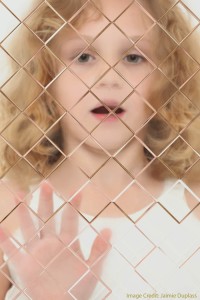Some time ago, I linked to an article about varieties of ADHD diagnoses. A recent article in Medical News Today makes a similar point about autism.
From one perspective, we can be tempted to say that someone either does or does not have autism.
From another perspective, that’s a bit like saying some people are taller than 5’10” whereas some aren’t; that statement is true, but it misses MANY crucial complexities. After all, within that category, some people are 5’11”, and others are 6’11”.
There are–in other words–meaningful differences within the category of people taller than 5’10”, and meaningful difference within the category of people who have autism.
In this recent article, researchers announce an additional 18 genes whose variants are associated with autism diagnoses — bringing the (current) total of such genetic variations to 61.
This finding tells us that differences in the presentation of autism may well result from underlying genetic differences that predispose people to autism in the first place. As is always true with complex cognitive functions, we should expect varied plausible causes, and expect several different manifestations.
No two brains are identical; no two diagnoses are identical; no two people are identical. As teachers, we want to understand groups and categories, but we always work with individuals.





I find your article rather interesting. I think that looking at autism as a “yes, this child does have” or “no, this child does not have” is a very interesting view and a good one at that. As researchers and medical practitioners, their main goal is to state the obvious about the child or children they are looking at. Regardless of how a medical practitioner states it, it must be stated in some manner. Research has looked far and wide into this category, yet, new facts are up every day. According to my biological psychology textbook, researchers can look at many different chromosomes to determine where a child receives an autism mutation from. I found it interesting to read that most recently, they have found even more ways of knowing someone has autism. What is even more intriguing is that no two autistic children are the same, such as the way humans are. So how can there only be on way of knowing what is autism and what is not? Do you think that there could be more done to educate more about the causes of autism?